What is an option?
An option is an agreement between an owner of a property (typically referred to as the grantor) and another person (typically referred to as the grantor) with respect to a specific property.
An option may take the form of a call option, a put option or a put and call option.
The most common option agreement is a put and call option which is characterised by:
the grantor giving the grantee a call option to buy the property from the grantor if the grantee exercises the option; and
the grantee giving the grantor a put option to sell the property to the grantee if the grantor exercises the option.
A call option can usually be exercised over a set period of time, with the put option exercisable in a set period that follows the call option period. However, while the result would not be a very practical outcome for most developers, the option periods can also overlap, even entirely.
Is there a standard form?
In the case of Moffatt Property Development Group Pty Ltd v Hebron Park Pty Ltd [2009] QCA 60, the Court found that an option can be entered into through a simple exchange of letters, with other terms not dealt with specifically in the text of the letters implied by the Court.
It is clear that there is no standard form document required to create an option agreement, although an option agreement will commonly have a heavily modified 'standard form' contract attached to it which will constitute the contract between the parties if the option is exercised.
It is very important that the 'standard form' contract is modified substantially if it is to be used as the contract following exercise of an option, as the standard terms otherwise contain a number of problematic issues. For example, certain contractual and/or disclosure obligations that need to be fulfilled by the seller before the property is offered for sale would need to be fulfilled prior to the date of the option, which is highly impractical and presents issues from a disclosure compliance perspective, particularly if a separate entity is nominated to exercise the option.
Transfer Duty Issues
A put and call option is a dutiable transaction under section 9(1) of the Duties Act 2001 as a call option is the acquisition of a new right.
A put option on its own is not the acquisition of a new right and does not fit under any other category of section 9(1) of the Duties Act 2001 and so a put option agreement is not a dutiable transaction.
The dutiable value of a call option (or a put and call option) is the higher of the call option fee and the market value of the right granted under the option as set out in section 11(7) of the Duties Act 2001.
With careful drafting of an option and subsequent contract, it is possible to obtain a credit under section 23 of the Duties Act 2001 for the duty that has been paid on a call option fee where:
the call option is exercised; and
the call option fee is credited towards the purchase price on the contract.
Importantly, the credit is not available if:
the put option is exercised; or
the purchase price on the contract is reduced to reflect the option fee already paid, as the purchase price must be recorded to include the option fee already paid, such as by way of the option fee becoming the deposit under the contract.
Nominations (and Transfer Duty)
Critically, where a grantee decides not to exercise the option itself, but wishes to permit a third party (related or unrelated) to purchase the property, the option terms could result in significant additional transfer duty unless the drafting is careful and precise.
For example, a put and call option allowing the grantee the right to nominate a related or unrelated third party to exercise the option would result in an additional dutiable transaction arising, with duty payable on the higher of the 'nomination' fee and the market value of the right granted under the 'nomination' agreement as set out in section 11(7) of the Duties Act 2001. This sort of drafting in an option gives rise to a transfer of dutiable property (an existing right) to the third party, as the third party acquires the right to exercise the option from the grantee. The third party will then also subsequently pay transfer duty on the ultimate contract if it exercises the option.
Careful drafting of the nomination terms in an option can result in a situation where the 'nomination' is not a dutiable transaction, which is clearly much more desirable for all parties involved.
Specialist Advice
For expert assistance with your option agreement, and for absolute peace of mind for your next project, contact us and have an accredited property law specialist guide you through the legal aspects of each element of your project. Contact us today!
Our Legal Practitioner Director, Simon LaBlack, is one of only 29 Accredited Specialists in Property Law in Queensland. He acts as a Court-appointed statutory trustee for sale and consults to other law firms on complex property related matters. He has extensive experience in Property Law in Queensland having personally handled thousands of Property Law matters. He has led multiple teams consisting of lawyers and paralegals, with a specific focus on the training of legal staff and the implementation of effective systems and processes to improve outcomes for both his clients and his team.
Important Disclaimer: The material contained in this publication is of a general nature only and is based on the law as at the date of publication. It is not, nor is it intended to be, legal advice. If you wish to take any action based on the content of this publication, we recommend that you seek professional advice.


